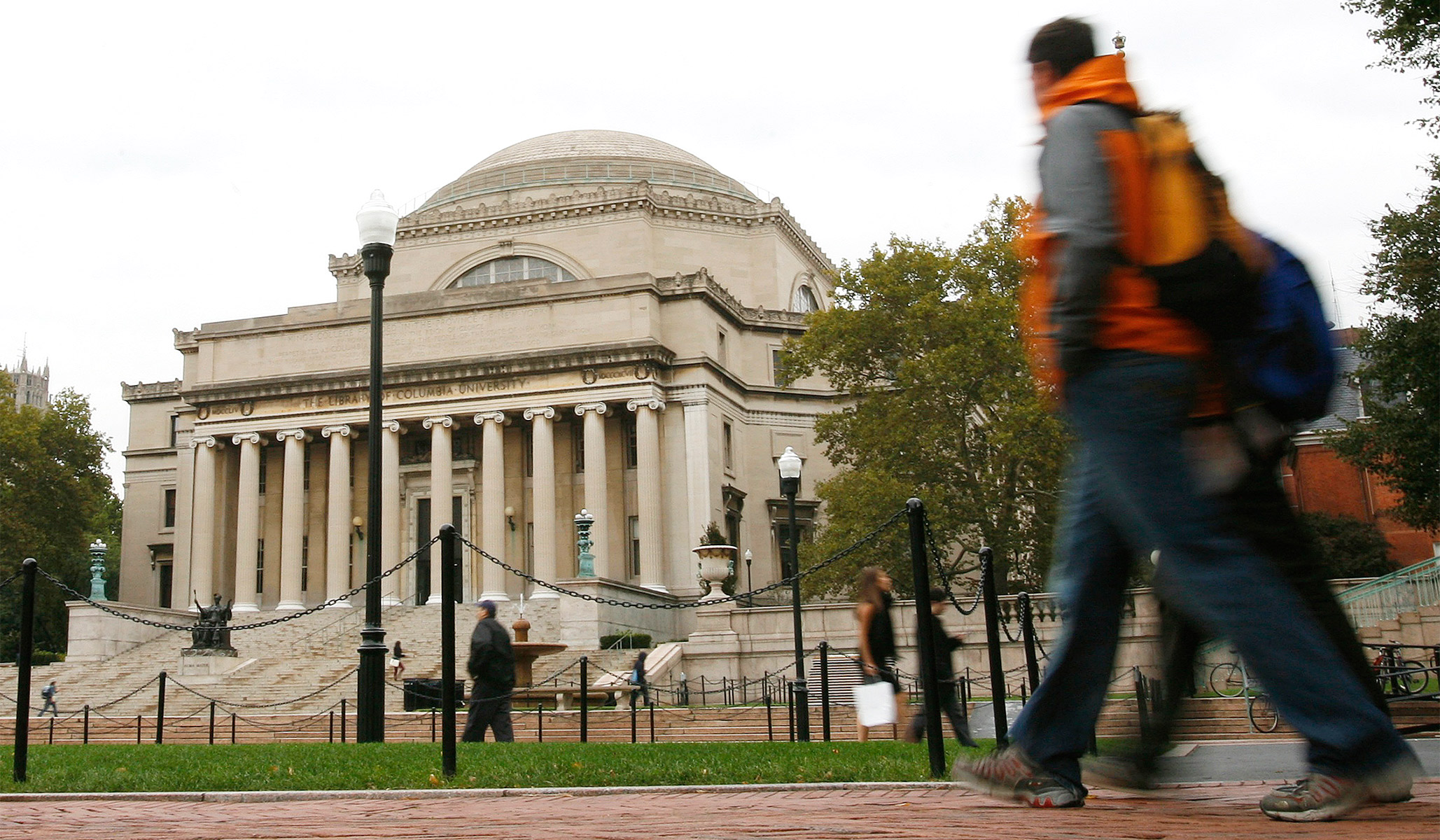We often hear that the humanities are in crisis at our colleges and universities. Enrollments have been declining and the faculty are often more interested in promoting their political ideology than in opening the minds of their students. There is, of course, a connection between those things.
One professor who is concerned about this is Chad Wellmon of the University of Virginia. He has recently written a book about the troubles facing humanities departments and spoke about it at St. John’s College. The Martin Center’s Natalia Mayorga attended his talk and writes about it today.
“Wellmon begins his lecture,” she writes, “by offering his central thesis: That the humanities do not represent a continuous tradition from Petrarch to the present day, but instead have evolved in their self-conception through a series of societal and intellectual crises. The cultural shifts that have morphed and shaped the humanities include industrialization, the development of new technology, capitalism, the Soviet Union, the rise of the natural sciences, and Wellmon’s favorite: the ‘abyss of leisure,’ which he later elaborates on.”
Wellmon takes us through centuries of the development of the humanities, beginning with the first Italian universities. By the 18th century, scholars in the rest of the university looked down on those in the humanities because they didn’t “prepare students for anything in particular.”
In the 1950s, a group of American humanists decided that their field was the way to combat that “abyss of leisure.” Wellmon regards that as a terrible mistake, arguing that “this final shift in response to the crisis of leisure is ‘downright evil.’ He holds that true leisure ‘requires attention, care, love, the opposite of distraction, the opposite of what needs to be sublimated.’ However, instead, the humanities began to be thought of as a means of distraction rather than a way to encourage the flourishing of the mind and truly free thought.”
Mayorga concludes, “Arguably, the humanities currently function almost entirely as a form of sinecure and ideological pedagogy. Whether that will remain their ultimate fate is something still to be decided, partly by people, and in part by the new societal crises that loom ahead or perhaps have already arrived.”
